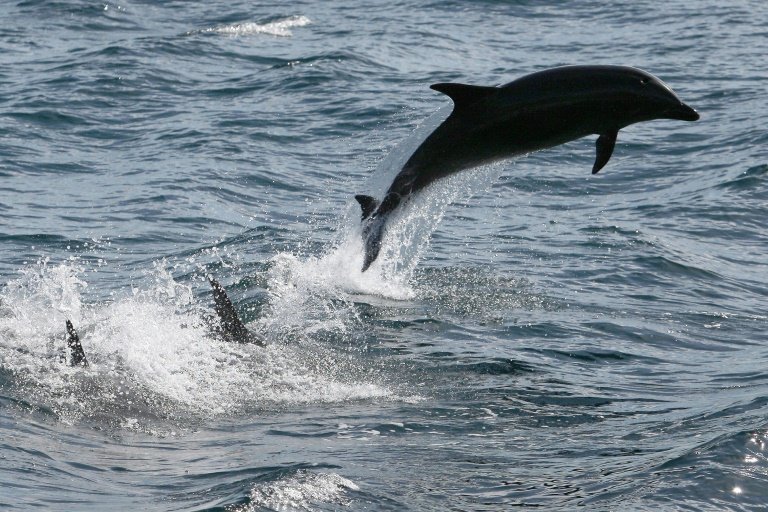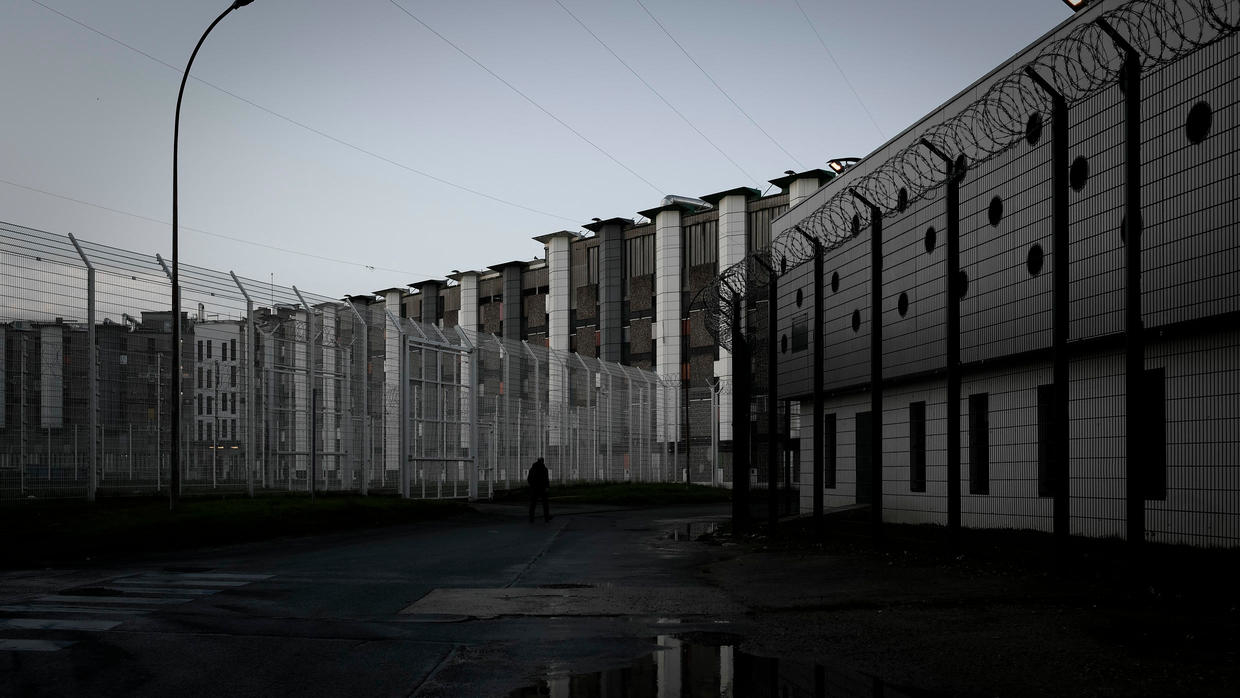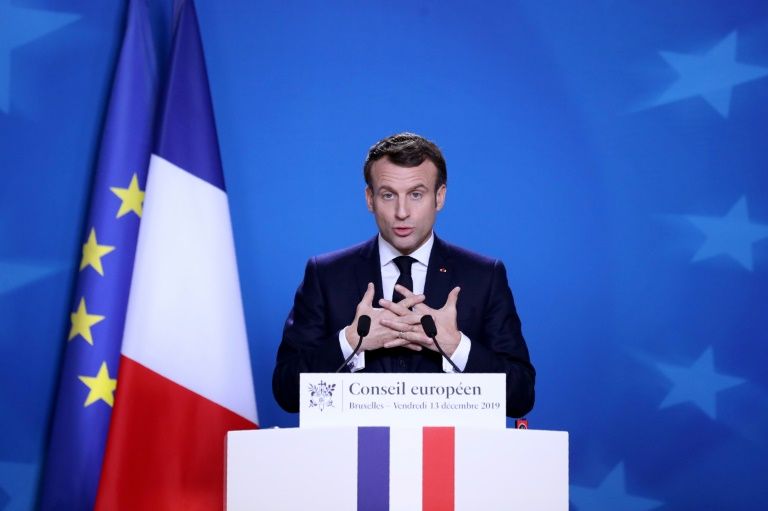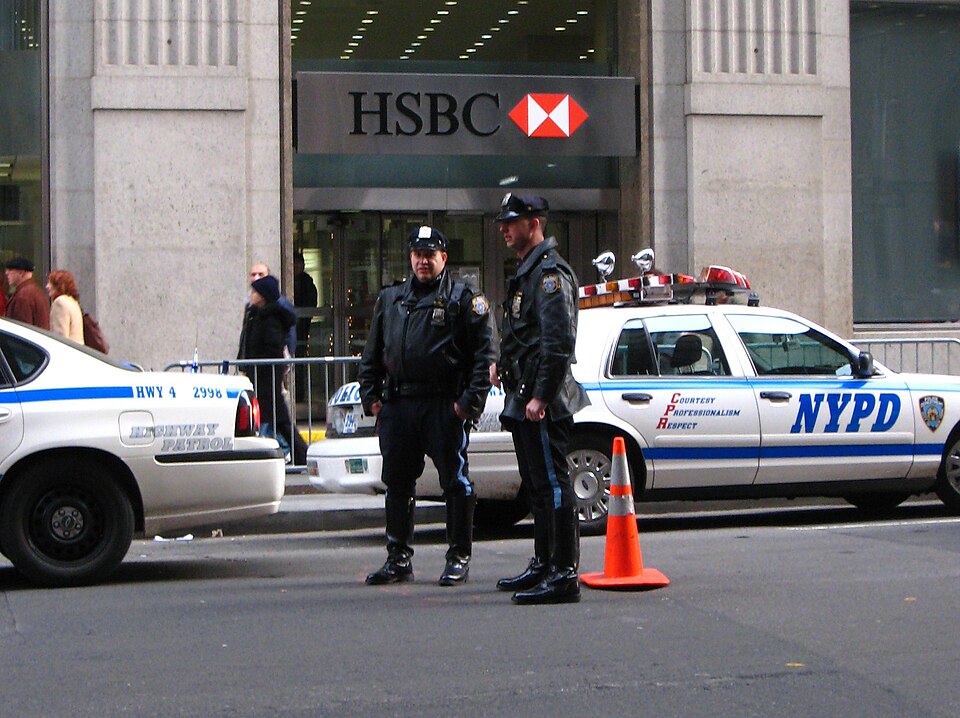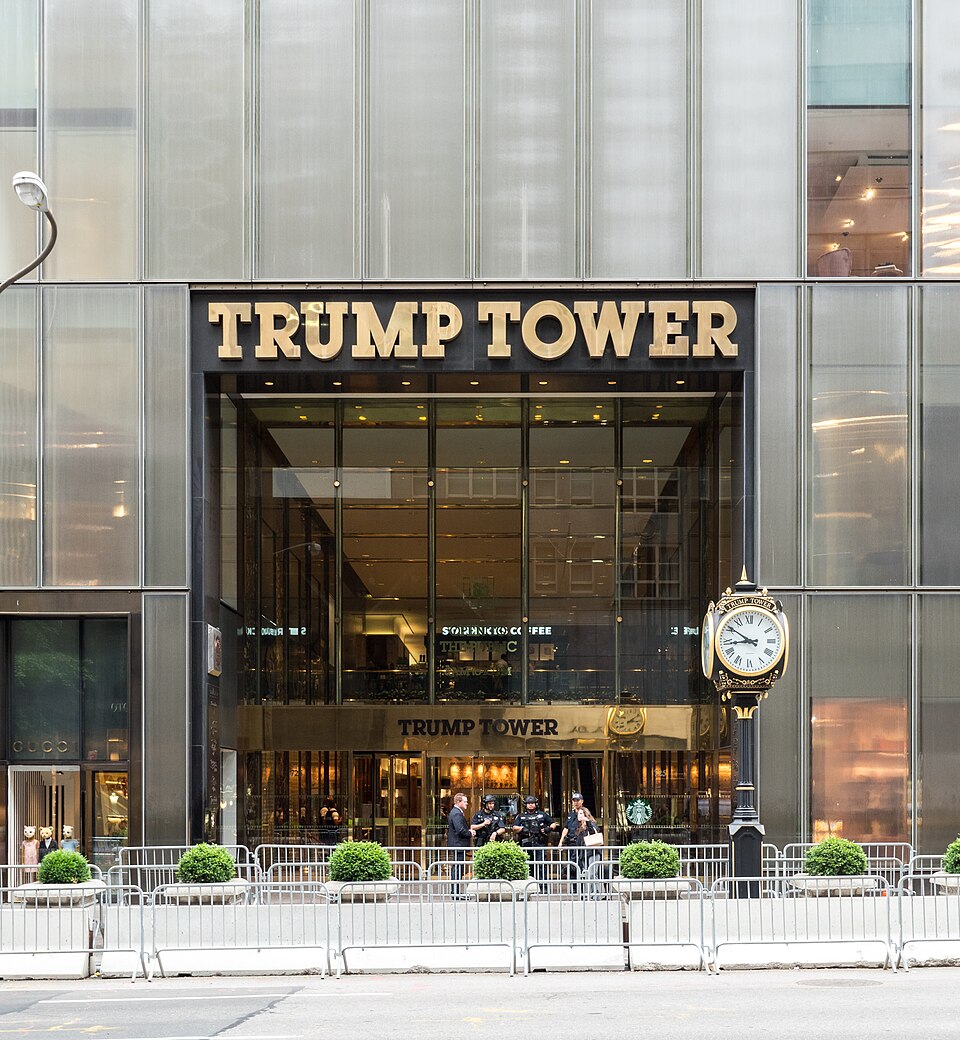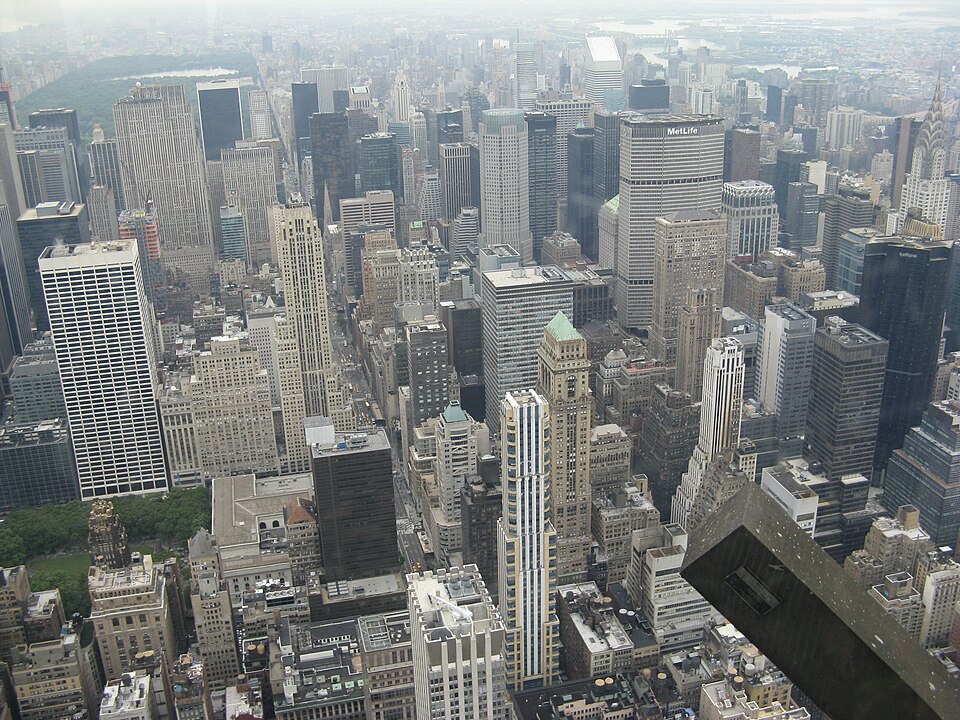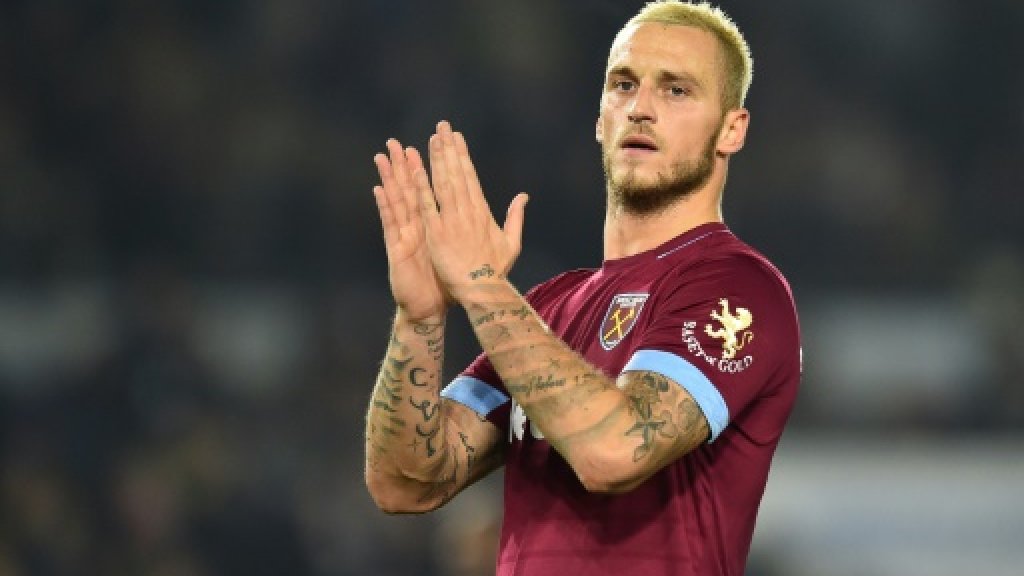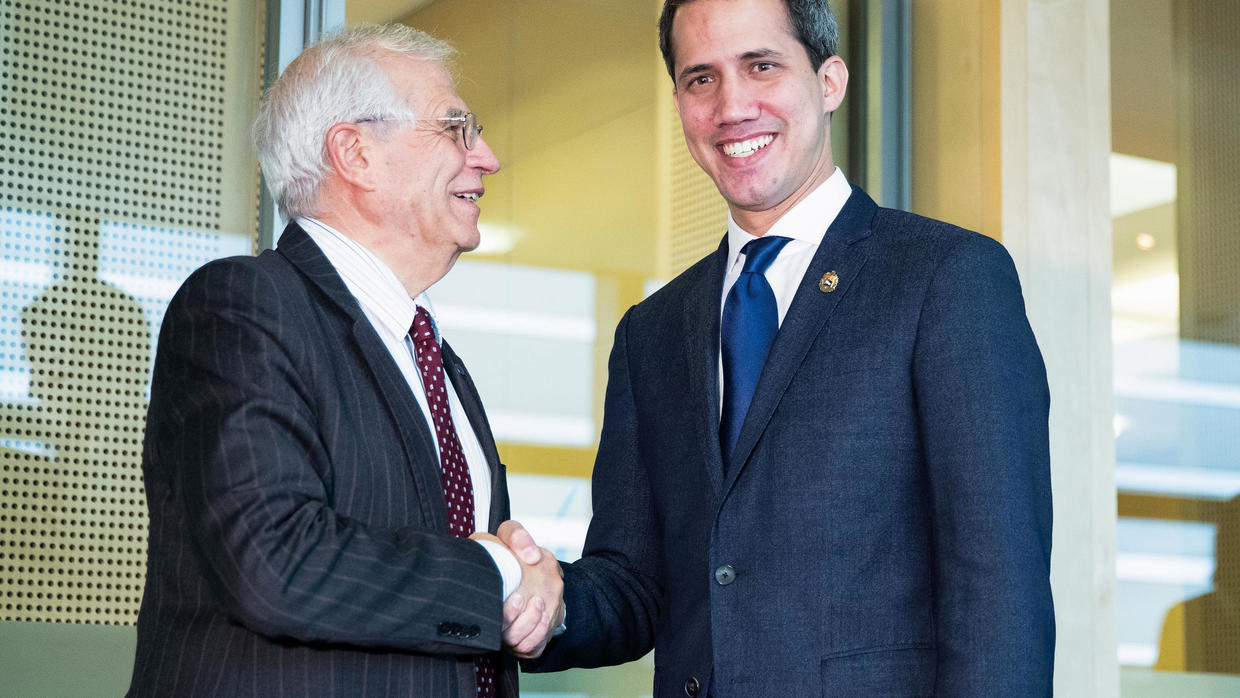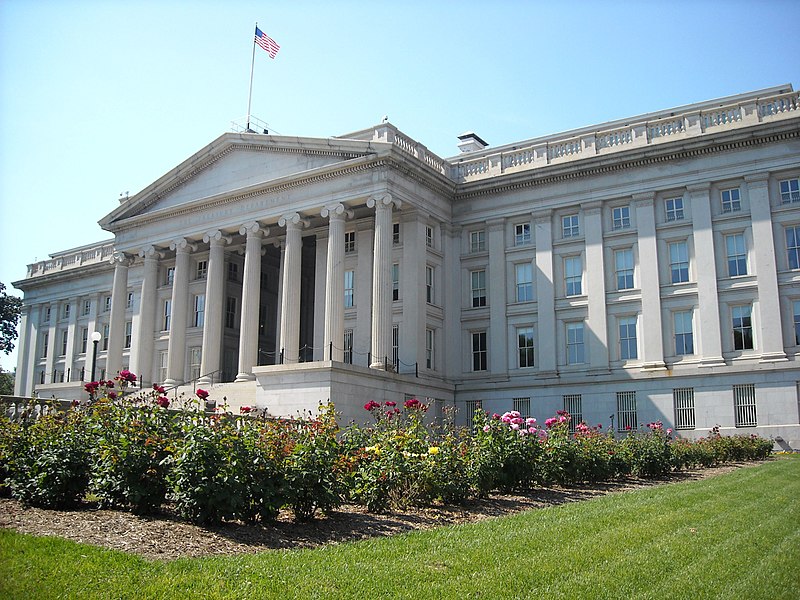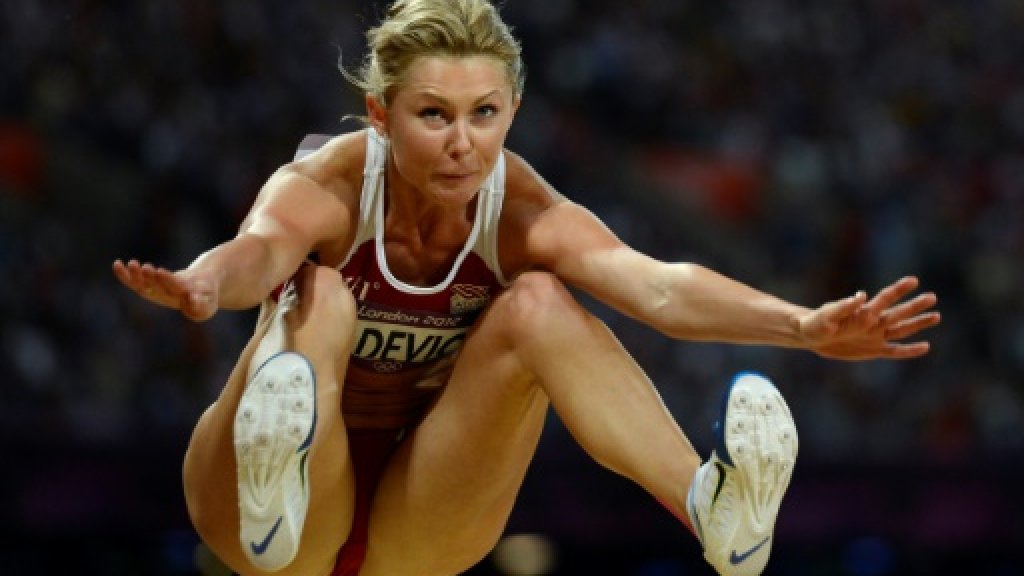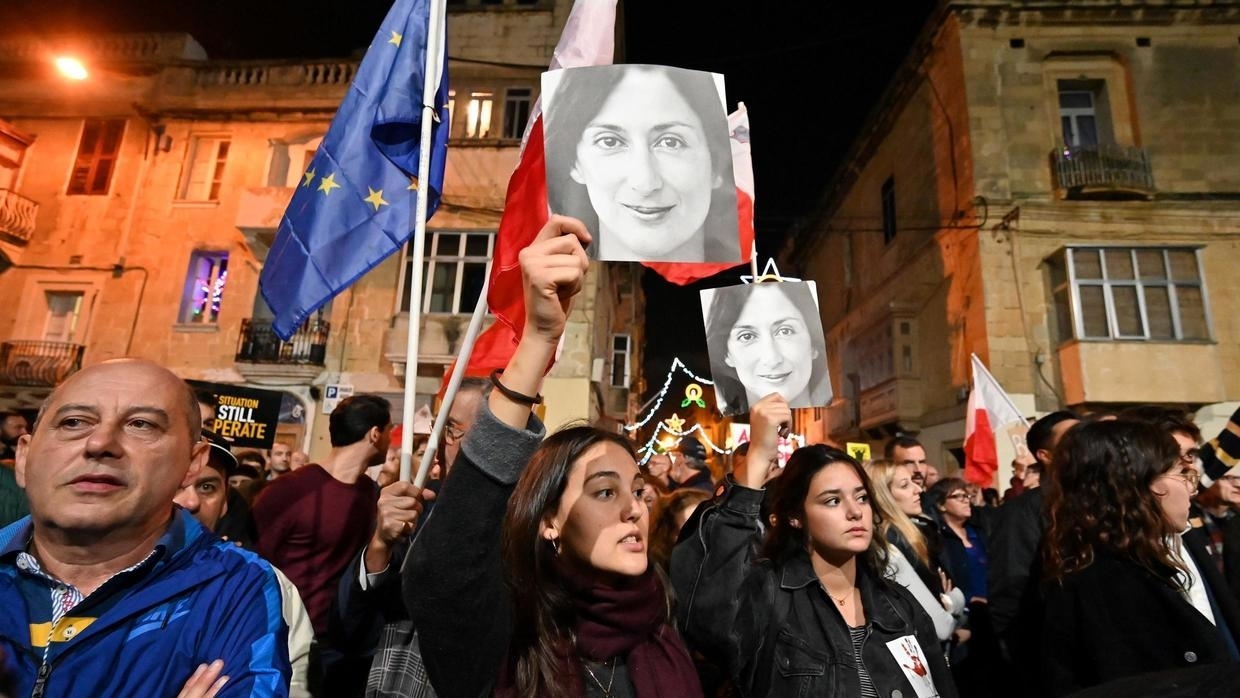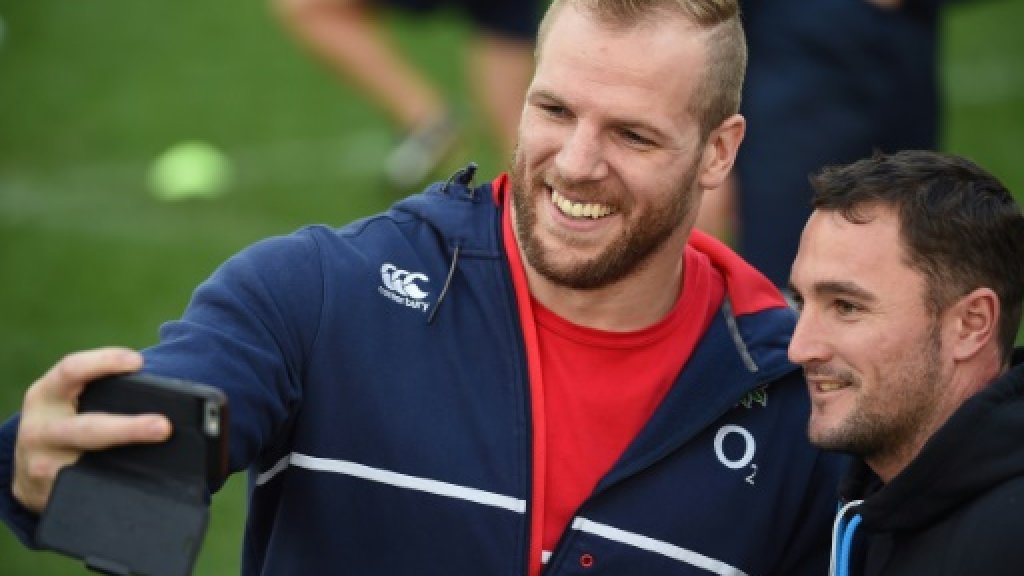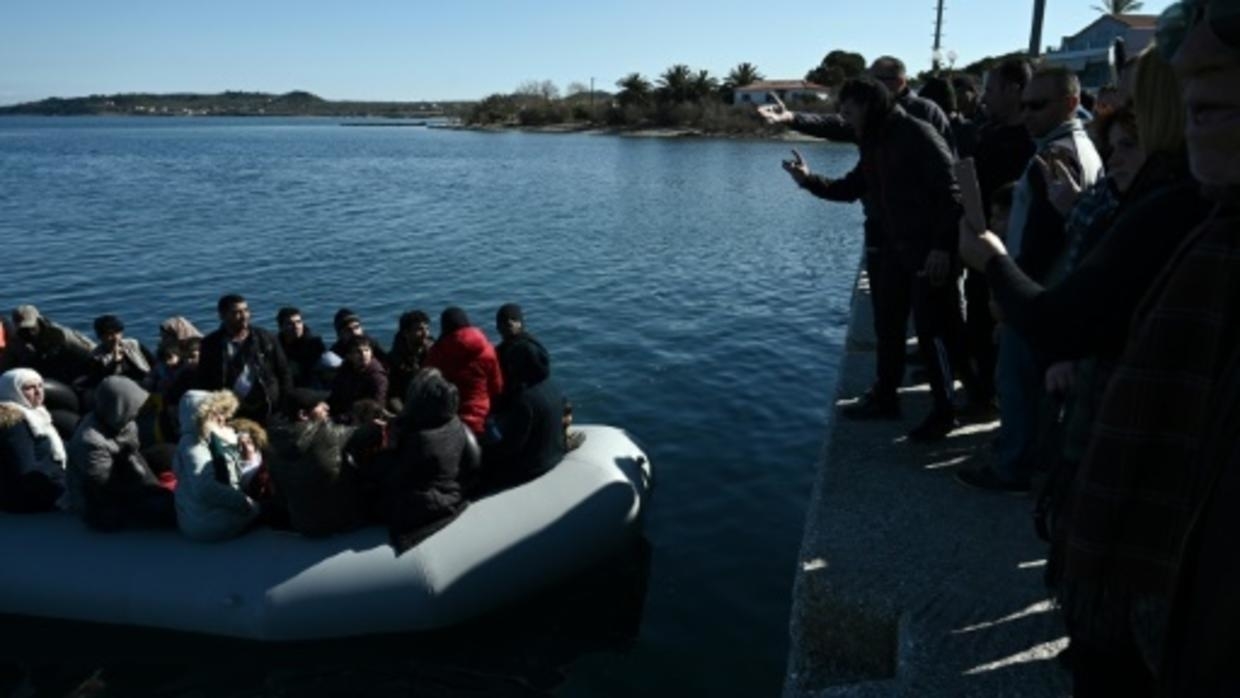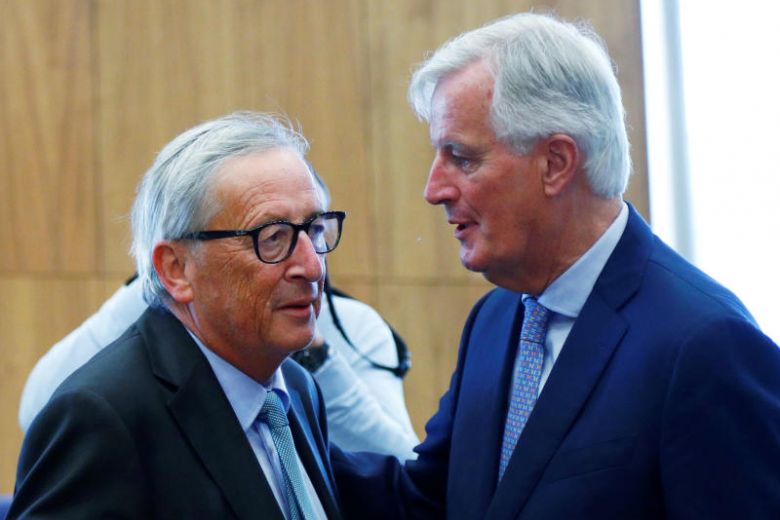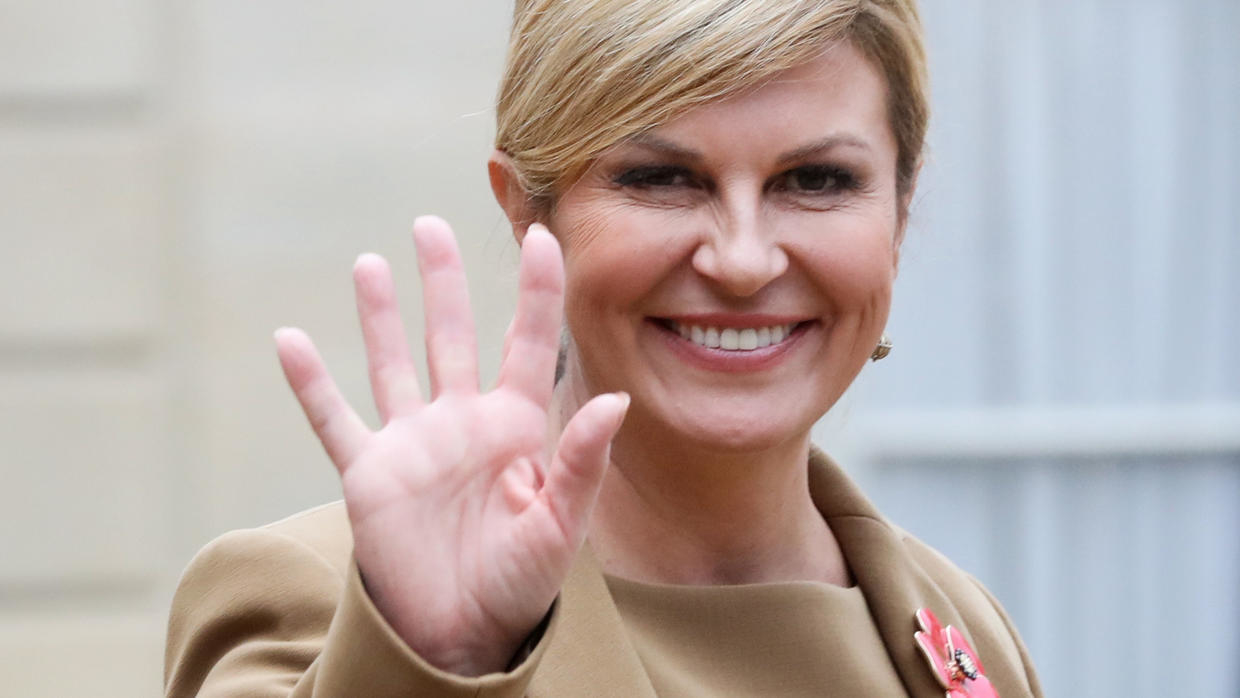
Croatia's conservative president is trying to lure nationalists back to her camp as she faces a leftist ex-premier at the polls Sunday, in a race that has revealed growing
support for the country's radical right.
The run-off election comes just four days after Croatia formally took over the EU's rotating presidency at a difficult juncture for both Brussels and Zagreb.
While Brussels is staring down the barrel of Brexit and divisions on everything from climate to immigration policy, Zagreb is struggling to tackle an emigration crisis, corruption and a lacklustre economy at home.
While the role is mostly ceremonial, the president represents the country on the world stage, coordinates foreign policy with the government and is in charge of the armed forces.
Analysts say Grabar-Kitarovic's re-election depends on whether she can win over right-wing voters who rallied around a nationalist folk singer in the election's first round in December.
A failure to unite the right would also portend a rocky road ahead for her HDZ party, whose moderate Prime Minister Andrej Plenkovic faces parliamentary polls later this year.
- 'Real Croatia' -
So far, Grabar-Kitarovic is hoping that her calls for "unity" will get the job done, with speeches playing on themes of patriotism and references to the 1990s independence war that remains an emotive issue.
Pitching herself as a relatable mother-of-two with humble farming roots, Grabar-Kitarovic is well known for stunts -- particularly singing in public -- that her critics deride as embarrassing gaffes.
She has also come under fire for downplaying the crimes committed by Croatia's World War II pro-Nazi regime amid a growing nostalgia for it.
Admitting she "made mistakes" during her five-year term, the 51-year-old recently told a local paper that she was "only a human being, a woman whose heart beats for her people and her homeland".
Meanwhile Milanovic, who is trying to rebrand from a reputation as arrogant and elitist, has slammed the talk of a "real Croatia" as dangerously exclusive.
With strong support in cities, the former premier led the first round of the election with around a third of the vote, thanks in part to the split right.
"There is no 'real Croatia'," the 53-year-old told a campaign rally in his native Zagreb.
"There is rather a Croatian republic for all, equal citizens," he said of his vision of a "normal Croatia" defined by tolerance.
When he took over as premier almost a decade ago, Milanovic was welcomed as a bright, young politician clean of the corruption tainting the rival HDZ.
- Among EU's weakest economies -
But the excitement waned after his government failed to push through much-needed reforms during his 2011-2016 mandate.
In a debate Monday Grabar-Kitarovic repeatedly asked Milanovic why the "worst Prime Minister in (Croatia's) history" wanted to be president.
The pair, who both came up in the foreign service in the 1990s, bickered over internal political issues and old grievances from the past.
While Grabar-Kitarovic accused her rival of being divisive, Milanovic insisted that "wars are over" and it is time for Croatia to "fight for our place in Europe".
The ruling conservatives from the HDZ party are keen to keep Grabar-Kitarovic in office as they head up the EU presidency for a six-month stint that started on January 1.
The term will focus on four core issues: the EU's relationship with a post-Brexit UK, the membership bids of Western Balkan states, climate change and the next decade's budget framework.
Croatia became the last country to join the EU in 2013, and it hasn't all been a smooth ride.
It still has one of the bloc's weakest economies with a gross domestic product (GDP) heavily reliant on tourism.
The EU's open borders have also helped accelerate an exodus of Croatians leaving for better pay in wealthier EU states.
Many emigrants also cite corruption, nepotism and poor public services as reasons for leaving.afp
